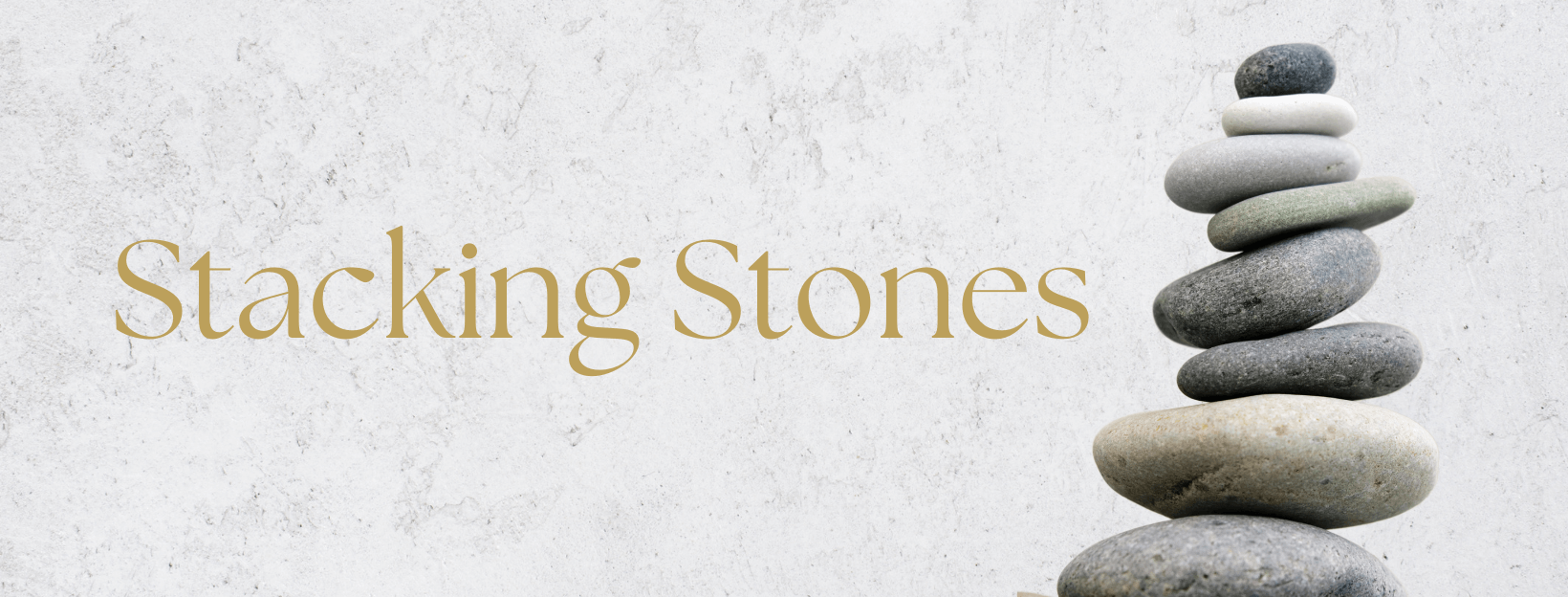
In the ancient world, the Greeks—especially the Stoics—were drawn to a radical idea: a good life wasn’t found in accumulating more, but in needing less. Thinkers like Epictetus, Seneca, and Marcus Aurelius believed that peace, freedom, and resilience were not dependent on wealth, fame, or circumstances. Instead, they came from cultivating inner clarity and discipline.
Epictetus, born a slave, taught that “wealth consists not in having great possessions, but in having few wants.” For him, true freedom came not from controlling the outside world but from mastering inner desires. Seneca went further, urging his students to practice voluntary poverty. He advised setting aside a few days to eat the simplest food, wear rough clothing, and ask oneself: “Is this the condition that I feared?” In doing so, one learned that happiness and resilience did not depend on luxury. And Marcus Aurelius, the philosopher-emperor, kept nightly journals where he reminded himself: “You have power over your mind—not outside events. Realize this, and you will find strength.” His reflections stripped away distractions and brought him back to essentials: virtue, gratitude, and service.
For the Stoics, simplicity was not deprivation. It was empowerment. It freed them from the endless chase for “more” and grounded them in what no one could take away: their character, their choices, their peace.
🌍 Fast Forward to Modern Culture
Today, we live in a world that runs on the opposite current. “More” is not only celebrated—it is expected. But what “more” looks like varies depending on where we place our worth. For some, more means accumulating material possessions: the bigger house, the newer car, the latest phone. For others, more means doing more: filling calendars with commitments and measuring value by productivity. For others still, more means being more: trying to be the perfect parent, partner, professional, and friend, always proving and never resting. And in the wellness space, more can mean chasing healing: collecting endless supplements, retreats, and practices, always searching for the next fix that will finally bring peace.
On the surface, these pursuits look different. But underneath lies the same restless hunger. The pursuit of “more” doesn’t bring fulfillment. It multiplies the wanting.
🧠 What Science Shows Us Now
Modern neuroscience now confirms what the Stoics sensed thousands of years ago: the pursuit of more doesn’t lead to freedom—it leads to stress. The Paradox of Choice, described by psychologist Barry Schwartz, shows this clearly. In one experiment, shoppers were presented with 24 varieties of jam. They stopped, they looked, but very few bought. When only six varieties were offered, people were far more likely to purchase—and reported feeling happier with their decision. The lesson is clear: too many options overwhelm the brain and reduce satisfaction.
This connects to what scientists call decision fatigue. Every choice draws energy from the dorsolateral prefrontal cortex, the part of the brain responsible for planning and self-control. Judges, for example, were found to be far more likely to grant parole early in the day or after a meal. By the end of a long session, they defaulted to the safest option: “no.” This same process plays out in our lives when we scroll endlessly through Netflix or face an overloaded to-do list. The brain simply shuts down.
Layered on top of this is the body’s stress response. When choice and striving become constant, cortisol levels rise, keeping the body in a state of vigilance. Over time, this cycle contributes to anxiety, poor sleep, irritability, and even illness. What the Stoics knew intuitively—that peace is found in focusing on what matters most—is echoed today in the biology of our stress response. Less really is more.
🌑 Why We Resist Simplicity
And yet, simplicity is not easy. If it restores peace, why don’t we run toward it? Part of the resistance lies in a deep fear of scarcity. We worry that if we let go, we will not have enough. This fear whispers in closets stuffed with clothes, calendars packed with commitments, and pantries overflowing with food.
Another reason is comparison and status. In the age of social media, our worth feels measured against what everyone else seems to have, do, or achieve. The more others display, the more we feel we must pursue.
There is also the habit of busyness. Doing more feels safer than being still. In a culture that equates rest with laziness, simplifying feels uncomfortable, even dangerous. And finally, for many, “more” has become tied to identity and control.To be successful, to be giving, to be spiritual, to be capable—we gather layers of “more” that become entangled with who we think we are. Letting go feels like losing a piece of ourselves.
These barriers are real, but not permanent. Awareness is the first step toward unraveling them.
🌿 How to Bring Stoic Simplicity Into Our Lives
The Stoics left us practices that remain remarkably fresh in the modern world:
- Daily Reflection (Marcus Aurelius) – At the end of the day, ask yourself what truly mattered and what was noise. Write it down to anchor the lesson.
- Voluntary Simplicity (Seneca) – Choose one area of your life—food, clothing, your digital world, or your schedule—and simplify it for a week. Notice the relief.
- Reframe Wealth (Epictetus) – Each morning, list three things you already have that make life rich. Train your mind to see enough.
- Embrace Discomfort – Try Seneca’s “poverty practice”: eat simply, take a cold shower, or step away from screens. Learn that you are stronger than the discomfort you fear.
- Subtract Before You Add – Before saying yes to something new, ask: What can I release to make space for this?Let subtraction be a form of wisdom.
🔎 Overview
- Stoics believed less was more: peace came from simplicity, not accumulation.
- Epictetus taught that wealth is “few wants.” Seneca practiced voluntary poverty. Marcus Aurelius journaled to focus on essentials.
- Modern culture tells us to pursue more—whether in possessions, busyness, roles, or even healing—and it leaves us unfulfilled.
- Neuroscience confirms this: too many choices overwhelm the brain, decision fatigue drains us, and constant striving raises stress hormones.
- We resist simplicity out of fear of scarcity, comparison, habit of busyness, and identity tied to “more.”
- Action Steps: Reflect daily, simplify one area of life, practice gratitude, embrace discomfort, and subtract before adding.
✨ Ancient wisdom and modern science align: Simplicity is not loss—it is freedom.
___________________
Begin Within
and align with the rhythm of nature and self.













0 Comments